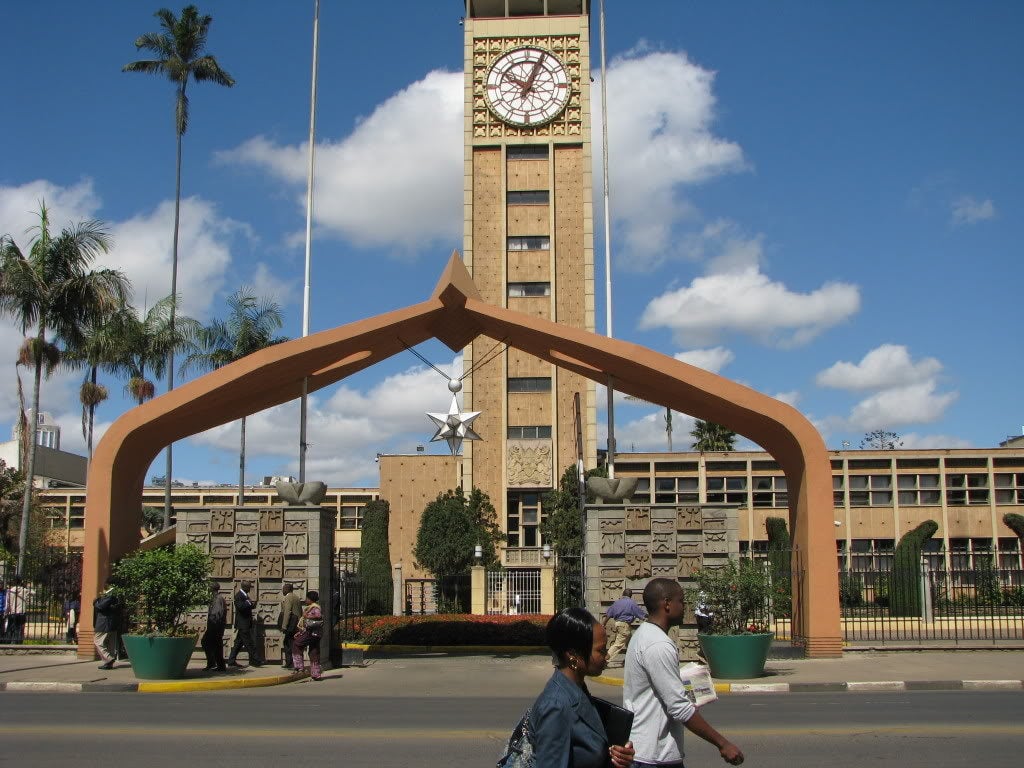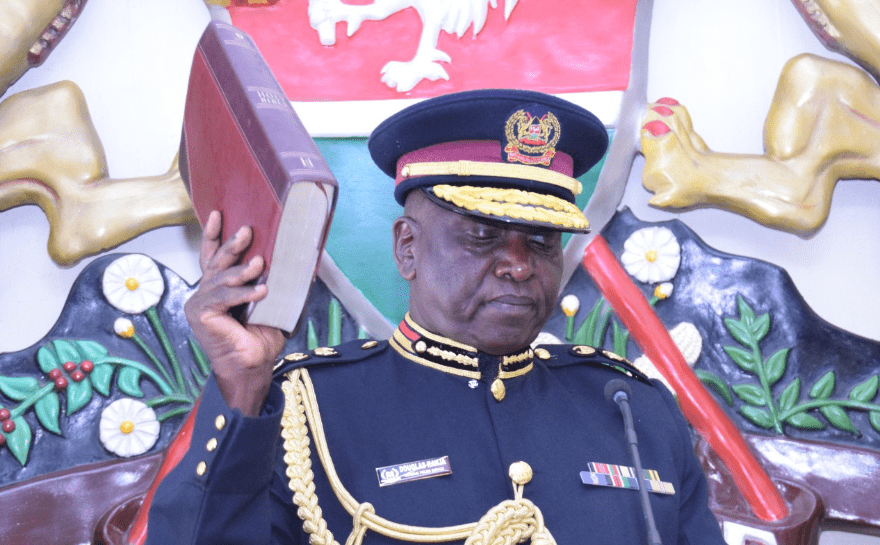Kenyans deserve leaders with degrees and integrity

A big controversy has been brewed by politicians over the legal requirement that those seeking elective positions like members of county assemblies (MCAs), Members of Parliament (MPs), governors and senators must hold a university degree.
Those opposed to the requirement aver that leadership is God-given and inborn, and the degree requirement, therefore, locks out such natural leaders.
This controversy has been kicked down the road by Parliament from 2011, when the degree requirement was tabled to become effective in the 2013 elections. But given that many MPs did not have degrees, they lobbied for a 5-year suspension of its implementation.
In 2013, they were still not ready, so Parliament voted to have academic qualifications lowered to exclude degrees.
Come 2017 and Parliament pushed forward the implementation of the law hoping to give time to those aspiring to contest in 2022 to ensure they had obtained degrees.
The panic being witnessed now is that the chickens have come home to roost. Politicians have had 10 years and have done nothing with that time.
It is estimated that at least 50 per cent of elected politicians currently do not have degrees, and most want to vie in 2022.
The key question is, do elected leaders require degrees? The resounding answer to that is yes!
Leadership is not for everybody. Even government has a cutoff for those who will head ministries, directorates, agencies and parastatals, and they join at graduate scales.
There is no controversy here because everybody recognizes that the higher you go in terms of responsibilities, the higher the requisite academic qualifications of the deemed candidate.
That elected leaders require degrees cannot be gainsaid. They sit at the apex of the country’s leadership, with the most onerous of leadership responsibilities.
Even MCAs are now evaluating and passing budgets running to billions, oversighting implementation of huge programmes and projects, auditing expenditure, making laws covering major issues, and providing vision through their roles at the County Assembly.
It is highly unlikely that those without a degree will grasp and effectively contribute to discussions at this level, meaning they are just there to earn their salaries rather than serve their constituents.
The countervailing argument by the anti-degree constituency is that integrity is much more important than degrees.
It is true that integrity remains the biggest deficit in Kenya’s leadership ranks. But does that invalidate requirements for a degree?
Kenyans have to ask themselves why they must always accept compromised standards. This compromise of standards is the reason why the country is in such a mess.
Kenyans must demand leaders with degrees who also pass the integrity test. It’s not like those MCAs and MPs without degrees have proved to be paragons of virtue either.
Kenya has to be led by its best and brightest. That is what has got countries like Singapore, China, Malaysia and the West where they are today. Uncompromising standards when it comes to leadership! The top echelons of Kenya’s leadership across the board must be populated by the country’s top brains who have passed the integrity test.
They exist, and Kenya is simply too lazy to look for them. Indeed, the matrix for such leaders is enshrined in the Constitution of Kenya in Chapter Six on Leadership and Integrity. The requirements of Chapter Six are personal integrity; competence and suitability; free and fair elections; objectivity and impartiality in making decisions; selfless service, commitment in service; and accountability to the public for decision and actions.
If this is applied to the letter, it will ensure clean leadership, because no tainted person will gain the threshold of election into political office, and any other leadership, via a public office.
So, Kenya has the means to get leaders of high integrity who are also highly qualified. It must stop settling for less. Enough of this senseless controversy. It is time to move the country forward. —[email protected]












